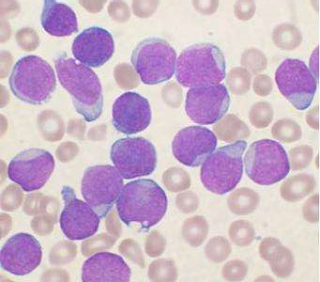Results of the global, multicenter, pivotal phase 2 study that led to the first FDA approval of a gene therapy/cell therapy approach known as CAR T-cell therapy. The therapy, tisagenlecleucel, uses a patient’s own white blood cells that have been genetically re-engineered to specifically target and kill cancer cells. It was approved to treat pediatric acute lymphoblastic leukemia (ALL), the most common childhood cancer. Senior authors on the study include Stephan A. Grupp, MD, PhD, of Children’s Hospital of Philadelphia and Michael A. Pulsipher, MD, of Children’s Hospital Los Angeles (CHLA).
Researchers evaluate 75 patients between 3 to 21 years of age with relapsed or treatment refractory B-cell ALL. 61% of these patients had relapsed after allogeneic hematopoietic stem cell transplantation, an intensive therapy intended to be curative and whose failure leaves few remaining options. For comparison, the paper cites another FDA-approved therapy for the treatment of children with relapsed or refractory ALL; it produced a response rate of 20% with a median overall survival time of 13 weeks.
Patients who relapsed after transplant or did not respond to treatment – there wasn’t much else we had to offer them and often, they went to hospice. Now, instead of sending them to hospice – we treat them with CAR-T-cells, make them better, then send them home. The updated analysis showed an overall remission rate of 81% within 3 months of treatment. All patients who responded to therapy showed no minimal residual disease by flow cytometry – the most sensitive means of analysis.
Overall survival was 90% at 6 months and 76% at 12 months. The median length of remission was not reached, with tisagenlecleucel remaining in the blood for up to 20 months. CAR-T therapy is truly a game changer for pediatric leukemia. Substantial side effects are associated with this therapy; grade 3 or 4 adverse events that may have been related to the therapy occurred in 73% of patients. The most significant side effects included cytokine release syndrome, often requiring admission to an intensive care unit, and neurological events in 40% of
patients.
haleplushearty.blogspot.com


